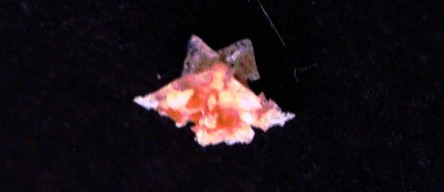 Originally this blog was about fiction writing. I’m tip-toeing back in that direction again.
Originally this blog was about fiction writing. I’m tip-toeing back in that direction again.
But during the writing of my blog-novel, Hapa Girl DNA, I came across Shawn Coyne’s book, The Story Grid, took his editing course and hung out a shingle as a “certified Story Grid editor.”
After a while I discovered that I have no desire to be an editor, so I took down my editing website.
Now I post an occasional short story here and bring you my thoughts on intelligent design, health, scientific fundamentalism, the UFO story in the New York Times, and alternatives to scientific materialism – to name a few.
I avoid politics, except to point out that we’ve been duped by a handful of corporations that control both sides of TV politics and apparently want the voting public evenly divided by hatred and rage so it’s easier to tip elections through news stories. Here’s an absolutely jaw-dropping video demonstrating how they do it to us.
My background is in science and medicine (pathology). I bailed on the medical profession at age 58. That was the best decision I’d made since I found the courage to pray again at age eleven. Haven’t stopped since. I don’t belong to an organized religion now, but I really admire the image of God reflected in many of the words and deeds ascribed to Jesus.
A few years before I took Shawn’s course, I wrote an e-book, Writing Meaningful Page-turners, based on about 80 how-to-write books I’d read over the years. You can download it, but I’ve learned a lot since then and should rewrite the thing for you.
Thanks for reading my stuff, and may your part of this simulated universe bring you love, friendship and action.
Cheers,
Morrill Talmage Moorehead, MD



Pingback: WRITING POPULAR FICTION. | Live Love Laugh
Pingback: Deep POV Pt. 6: Editing for Emotion | Archer's Aim